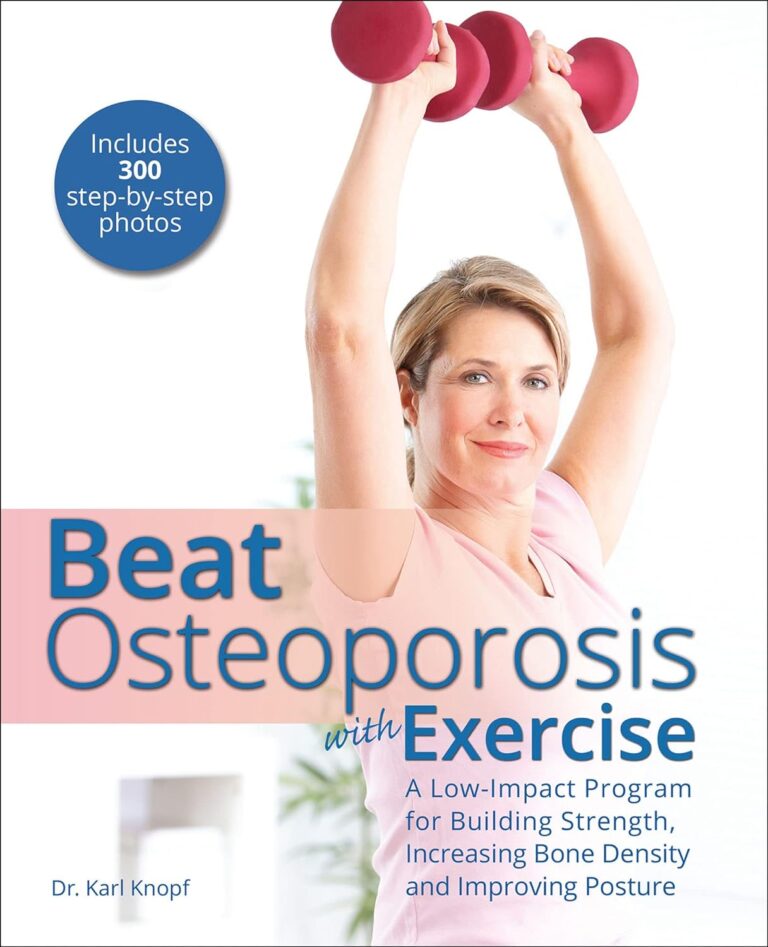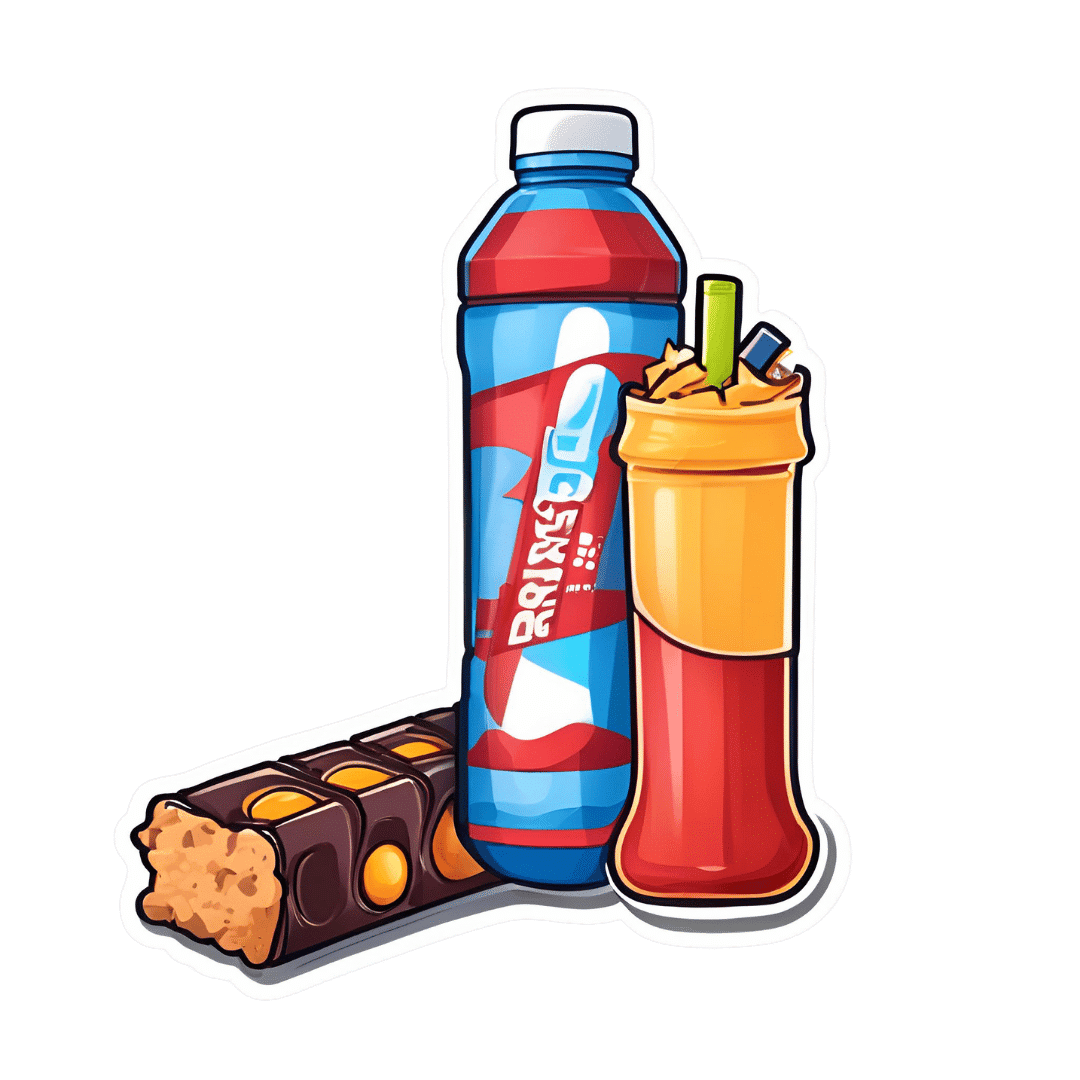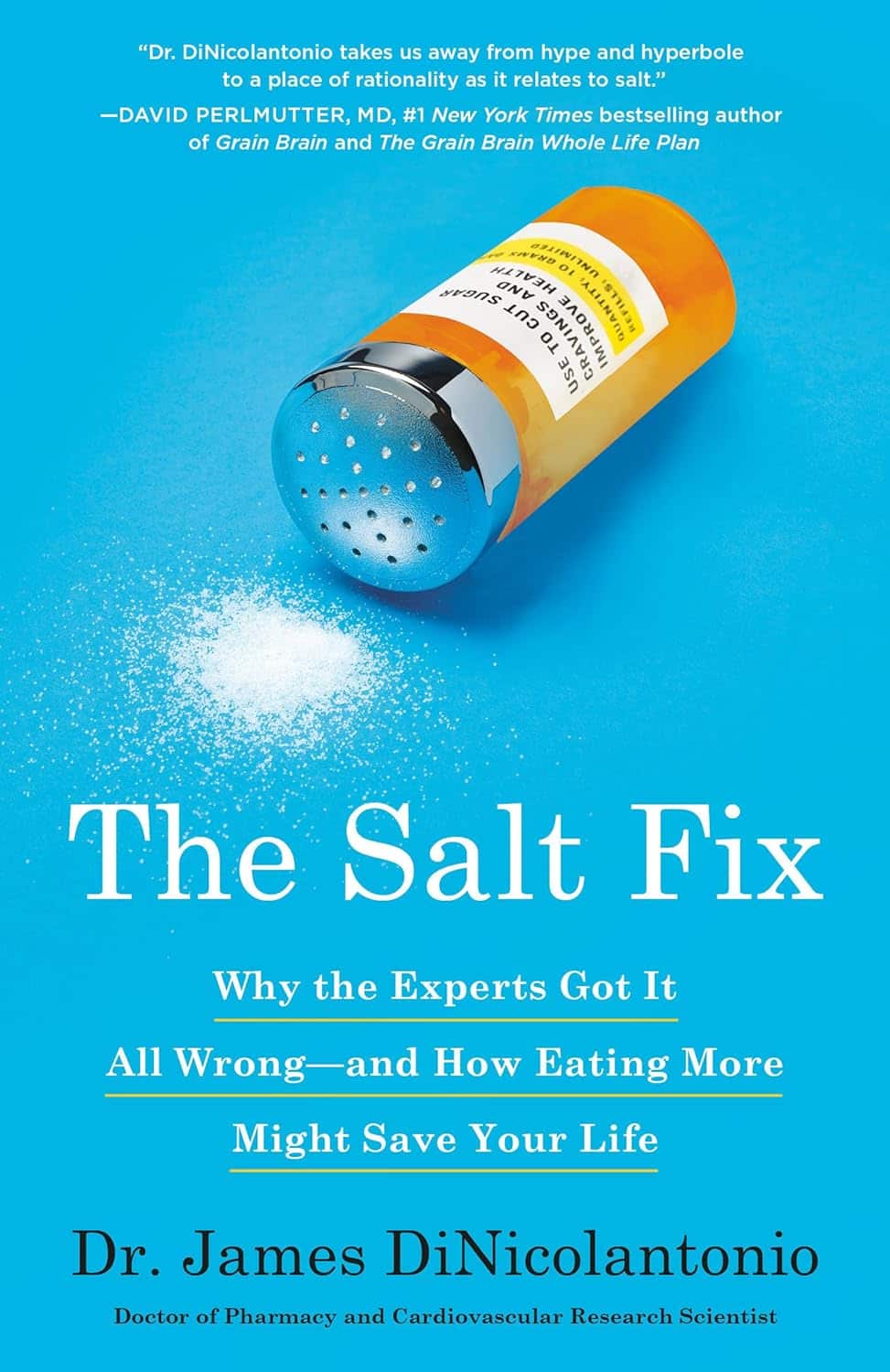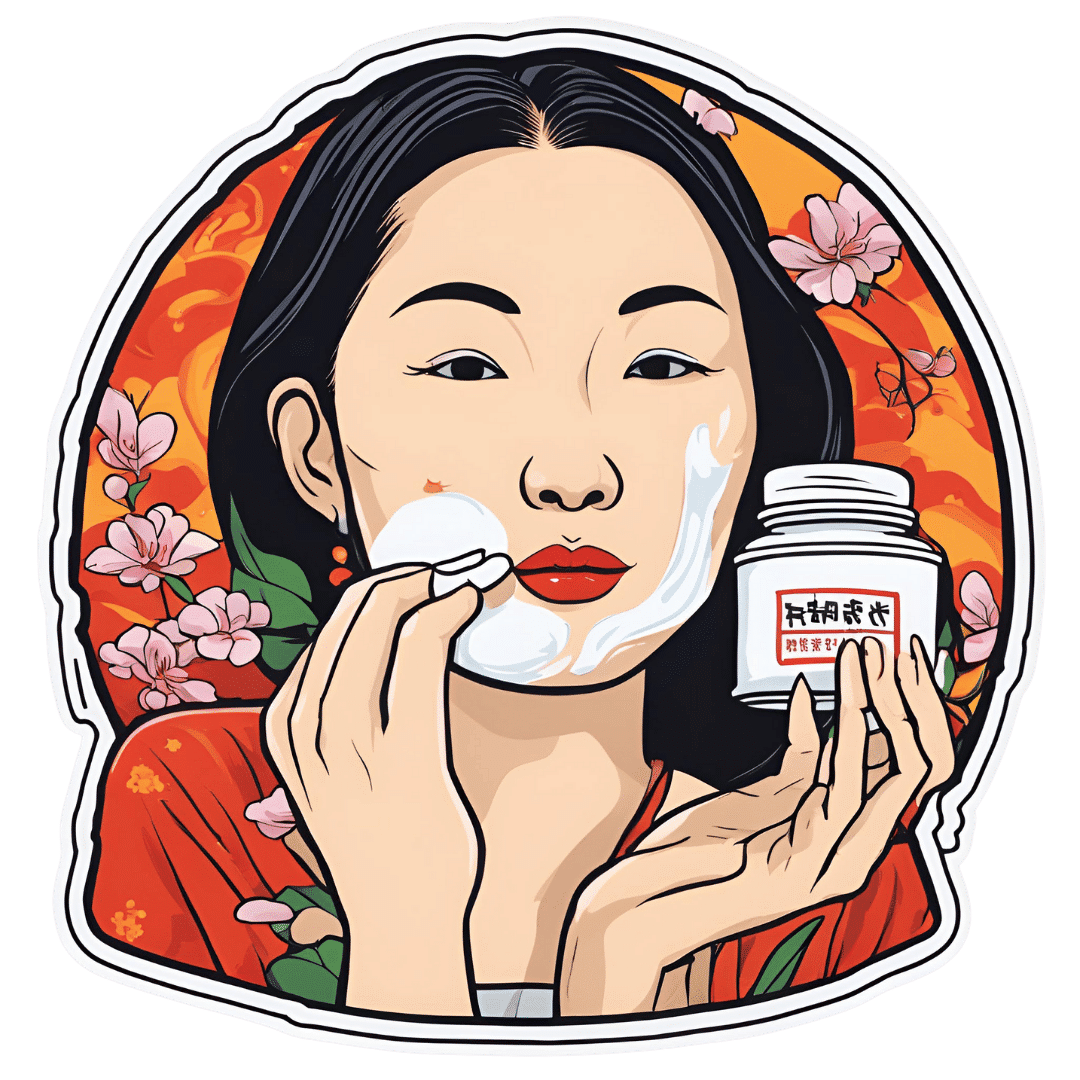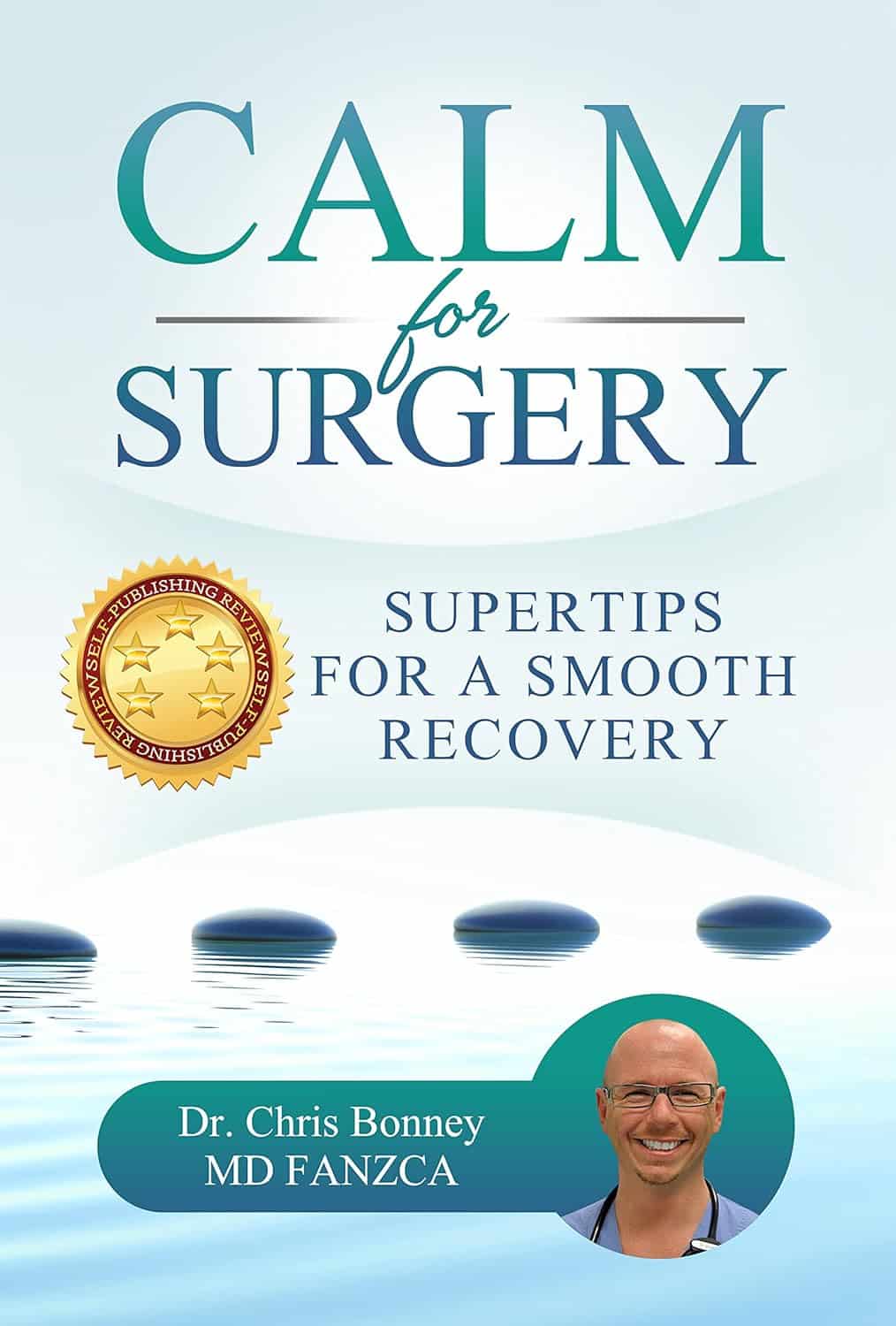
Calm For Surgery – by Dr Chris Bonney
10almonds is reader-supported. We may, at no cost to you, receive a portion of sales if you purchase a product through a link in this article.
As a general rule of thumb, nobody likes having surgery. We may like the results of the surgery, we may like having the surgery done and behind us, but surgery itself is not most people’s idea of fun, and honestly, the recovery period afterwards can be a pain in every sense of the word.
Dr. Chris Bonney, an anesthesiologist, gives us the industry-secrets low-down, and is the voice of experience when it comes to the things to know about and/or prepare in advance—the little things that make a world of difference to your in-hospital experience and afterwards.
Think of it like “frequent flyer traveller tips” but for surgeries, whereupon knowing a given tip can mean the difference between deeply traumatic suffering and merely not being at your usual best. We think that’s worth it.
Don’t Forget…
Did you arrive here from our newsletter? Don’t forget to return to the email to continue learning!
Recommended
Learn to Age Gracefully
Join the 98k+ American women taking control of their health & aging with our 100% free (and fun!) daily emails:
-
The Best Form Of Sugar During Exercise
10almonds is reader-supported. We may, at no cost to you, receive a portion of sales if you purchase a product through a link in this article.
It’s Q&A Day at 10almonds!
Have a question or a request? We love to hear from you!
In cases where we’ve already covered something, we might link to what we wrote before, but will always be happy to revisit any of our topics again in the future too—there’s always more to say!
As ever: if the question/request can be answered briefly, we’ll do it here in our Q&A Thursday edition. If not, we’ll make a main feature of it shortly afterwards!
So, no question/request too big or small 😎
❝What is the best form of sugar for an energy kick during exercise? Both type of sugar eg glicoae fructose dextrose etc and medium, ie drink, gel, solids etc❞
Great question! Let’s be clear first that we’re going to answer this specifically for the context of during exercise.
Because, if you’re not actively exercising strenuously right at the time when you’re taking the various things we’re going to be talking about, the results will not be the same.
For scenarios that are anything less than “I am exercising right now and my muscles (not joints, or anything else) are feeling the burn”, then instead please see this:
Snacks & Hacks: Eating For Energy (In Ways That Actually Work)
Because, to answer your question, we’re going to be going 100% against the first piece of advice in that article, which was “Skip the quasi-injectables”, i.e., anything marketed as very quick release. Those things are useful for diabetics to have handy just in case of needing to urgently correct a hypo, but for most people most of the time, they’re not. See also:
Which Sugars Are Healthier, And Which Are Just The Same?
However…
When strenuously exercising in a way that is taxing our muscles, we do not have to worry about the usual problem of messing up our glucose metabolism by overloading our body with sugars faster than it can use it (thus: it has to hurriedly convert glucose and shove it anywhere it’ll fit to put it away, which is very bad for us), because right now, in the exercise scenario we’re describing, the body is already running its fastest metabolism and is grabbing glucose anywhere it can find it.
Which brings us to our first key: the best type of sugar for this purpose is glucose. Because:
- glucose: the body can use immediately and easily convert whatever’s spare to glycogen (a polysaccharide of glucose) for storage
- fructose: the body cannot use immediately and any conversion of fructose to glycogen has to happen in the liver, so if you take too much fructose (without anything to slow it down, such as the fiber in whole fruit), you’re not only not going to get usable energy (the sugar is just going to be there in your bloodstream, circulating, not getting used, because it doesn’t trigger insulin release and insulin is the gatekeeper that allows sugar to be used), but also, it’s going to tax the liver, which if done to excess, is how we get non-alcoholic fatty liver disease.
- sucrose: is just a disaccharide of glucose and fructose, so it first gets broken down into those, and then its constituent parts get processed as above. Other disaccharides you’ll see mentioned sometimes are maltose and lactose, but again, they’re just an extra step removed from useful metabolism, so to save space, we’ll leave it at that for those today.
- dextrose: is just glucose, but when the labeller is feeling fancy. It’s technically informational because it specifies what isomer of glucose it is, but basically all glucose found in food is d-glucose, i.e. dextrose. Other isomers of glucose can be synthesized (very expensively) in laboratories or potentially found in obscure places (the universe is vast and weird), but in short: unless someone’s going to extreme lengths to get something else, all glucose we encounter is dextrose, and all (absolutely all) dextrose is glucose.
We’d like to show scientific papers contesting these head-to-head for empirical proof, but since the above is basic chemistry and physiology, all we could find is papers taking this for granted and stating in their initial premise that sports drinks, gels, bars usually contain glucose as their main sugar, potentially with some fructose and sucrose. Like this one:
A Comprehensive Study on Sports and Energy Drinks
As for how to take it, again this is the complete opposite of our usual health advice of “don’t drink your calories”, because in this case, for once…
(and again, we must emphasize: only while actively doing strenuous exercise that is making specifically your muscles burn, not your joints or anything else; if your joints are burning you need to rest and definitely don’t spike your blood sugars because that will worsen inflammation)
…just this once, we do want those sugars to be zipping straight into the blood. Which means: liquid is best for this purpose.
And when we say liquid: gel is the same as a drink, so far as the body is concerned, provided the body in question is adequately hydrated (i.e., you are also drinking water).
Here are a pair of studies (by the same team, with the same general methodology), testing things head-to-head, with endurance cyclists on 6-hour stationary cycle rides:
CHO Oxidation from a CHO Gel Compared with a Drink during Exercise
Meanwhile, liquid beat solid, but only significantly so from the 90-minute mark onwards, and even that significant difference was modest (i.e. it’s clinically significant, it’s a statistically reliable result and improbable as random happenstance, but the actual size of the difference was not huge):
Oxidation of Solid versus Liquid CHO Sources during Exercise
We would hypothesize that the reason that liquids only barely outperformed solids for this task is precisely because the solids in question were also designed for the task. When a company makes a fast-release energy bar, they don’t load it with fiber to slow it down. Which differentiates this greatly from, say, getting one’s sugars from whole fruit.
If the study had compared apples to apple juice, we hypothesize the results would have been very different. But alas, if that study has been done, we couldn’t find it.
Today has been all about what’s best during exercise, so let’s quickly finish with a note on what’s best before and after:
Before: What To Eat, Take, And Do Before A Workout
After: Overdone It? How To Speed Up Recovery After Exercise
Take care!
Share This Post
-
The Salt Fix – by Dr. James DiNicolantonio
10almonds is reader-supported. We may, at no cost to you, receive a portion of sales if you purchase a product through a link in this article.
This book has a bold premise: high salt consumption is not, as global scientific consensus holds, a serious health risk, but rather, as the title suggests, a health fix.
Dr. DiNicolantonio, a pharmacist, explains how “our ancestors crawled out of the sea millions of years ago and we still crave that salt”, giving this as a reason why we should consume salt ad libitum, aiming for 8–10g per day, and thereafter a fair portion of the book is given over to discussing how many health conditions are caused/exacerbated by sugar, and that therefore we have demonized the wrong white crystal (scientific consensus is that there are many white crystals that can cause us harm).
Indeed, sugar can be a big health problem, but reading it at such length felt a lot like when all a politician can talk about is how their political rival is worse.
A lot of the studies the author cites to support the idea of healthy higher salt consumption rates were on non-human animals, and it’s always a lottery as to whether those results translate to humans or not. Also, many of the studies he’s citing are old and have methodological flaws, while others we could not find when we looked them up.
One of the sources cited is “my friend Jose tried this and it worked for him”.
Bottom line: sodium is an essential mineral that we do need to live, but we are not convinced that this book’s ideas have scientific merit. But are they well-argued? Also no.
Click here to check out The Salt Fix for yourself! It’s a fascinating book.
(Usually, if we do not approve of a book, we simply do not review it. We like to keep things positive. However, this one came up in Q&A, so it seemed appropriate to share our review. Also, the occasional negative review may reassure you, dear readers, that when we praise a book, we mean it)
Share This Post
-
Apples vs Bananas – Which is Healthier?
10almonds is reader-supported. We may, at no cost to you, receive a portion of sales if you purchase a product through a link in this article.
Our Verdict
When comparing apples to bananas, we picked the bananas.
Why?
Both apples and bananas contain lots of vitamins, but bananas contain far more of Vitamins A, B, and C.
Apples beat bananas only for vitamins E and K.
This may seem like “well that’s 2 vs 3; that’s pretty close” until one remembers that vitamin B is actually eight vitamins in a trenchcoat. Bananas have more of vitamins B1, B2, B3, B5, B6, and B9.
If you’re wondering about the other numbers: neither fruit contains vitamins B7 (biotin) or B12 (cobalamins of various kinds). Vitamins B4, B8, B10, and B11 do not exist as such (due to changes in how vitamins are classified).
Both apples and bananas contain lots of minerals, but bananas contain far more of iron, magnesium, phosphorus, potassium, zinc, copper, manganese, and selenium.
Apples beat bananas only for calcium (and then, only very marginally)
Both apples and bananas have plenty of fiber.
Apples have marginally less sugar, but given the fiber content, this is pretty much moot when it comes to health considerations, and apples are higher in fructose in any case.
In short, both are wonderful fruits (and we encourage you to enjoy both!), and/but bananas beat apples healthwise in almost all measures.
PS: top tip if you find it challenging to get bananas at the right level of ripeness for eating… Try sun-dried! Not those hard chip kinds (those are mechanically and/or chemically dried, and usually have added sugar and preservatives), but sun-dried.
Here’s an example product on Amazon
Warning: since there aren’t many sun-dried bananas available on Amazon, double-check you haven’t been redirected to mechanically/chemically dried ones, as Amazon will try that sometimes!
Share This Post
Related Posts
-
What Menopause Does To The Heart
10almonds is reader-supported. We may, at no cost to you, receive a portion of sales if you purchase a product through a link in this article.
World Menopause Day: Menopause & Cardiovascular Disease Risk
Today, the 18th of October, is World Menopause Day.
The theme for this year is cardiovascular disease (CVD), and if your first reaction is to wonder what that has to do with the menopause, then this is the reason why it’s being featured. Much of the menopause and its effects are shrouded in mystery; not because of a lack of science (though sometimes a bit of that too), but rather, because it is popularly considered an unimportant, semi-taboo topic.
So, let’s be the change we want to see, and try to fix that!
What does CVD have to do with the menopause?
To quote Dr. Anjana Nair:
❝The metabolic and clinical factors secondary to menopause, such as dyslipidemia, insulin resistance, fat redistribution and systemic hypertension, contribute to the accelerated risk for cardiovascular aging and disease.
Atherosclerosis appears to be the end result of the interaction between cardiovascular risk factors and their accentuation during the perimenopausal period.
The increased cardiovascular risk in menopause stems from the exaggerated effects of changing physiology on the cardiovascular system.❞
Source: Cardiovascular Changes in Menopause
See also: Menopause-associated risk of cardiovascular disease
Can we do anything about it?
Yes, we can! Here be science:
- Menopause Transition and Cardiovascular Disease Risk: Implications for Timing of Early Prevention: A Scientific Statement From the American Heart Association
- Cardiovascular risk in menopausal women and our evolving understanding of menopausal hormone therapy: risks, benefits, and current guidelines for use
This (in few words: get your hormone levels checked, and consider HRT if appropriate) is consistent with the advice from gynecologist Dr. Jen Gunter, whom we featured back in August:
What You Should Have Been Told About The Menopause Beforehand
What about lifestyle changes?
We definitely can do some good things; here’s what the science has to say:
- Mediterranean diet: yes, evidence-based
- High soy consumption: mixed evidence, unclear. So, eat it if you want, don’t if you don’t.
- Supplements e.g. vitamins and minerals: yes, evidence-based.
- Supplements e.g. herbal preparations: many may help, but watch out for adverse interactions with meds. Check with your pharmacist or doctor.
- Supplements; specifically CBD: not enough evidence yet
- Exercise: yes, evidence-based—especially low-impact high-resistance training, for bone strength, as well as regular moderate-intensity exercise and/or High-Intensity Interval Training, to guard against CVD.
For a full low-down on all of these:
Revealing the evidence-based lifestyle solutions to managing your menopause symptoms
Want to know more?
You can get the International Menopause Society’s free downloadable booklet here:
Menopause & Cardiovascular Disease: What Women Need To Know
You may also like our previous main feature:
What Does “Balance Your Hormones” Even Mean?
Take care!
Don’t Forget…
Did you arrive here from our newsletter? Don’t forget to return to the email to continue learning!
Learn to Age Gracefully
Join the 98k+ American women taking control of their health & aging with our 100% free (and fun!) daily emails:
-
Undo The Sun’s Damage To Your Skin
10almonds is reader-supported. We may, at no cost to you, receive a portion of sales if you purchase a product through a link in this article.
It’s often said that our skin is our largest organ. Our brain or liver are the largest solid organs by mass (which one comes out on top will vary from person to person), our gut is the longest, and our lungs are the largest by surface area. But our skin is large, noticeable, and has a big impact on the rest of our health.
The sun is one of the main damaging factors for our skin; assorted toxins are also a major threat for many people, and once the skin barrier gets broken, it’s a field-day for bacteria.
So, what can we do about it?
Tretinoin: the skin’s rejuvenator
Tretinoin is also called retinoic acid, not to be mistaken for retinol, although they are both retinoids. Tretinoin is much stronger.
As for what it’s stronger at:
It’s usually prescribed for the treatment of sun-damage, acne, and wrinkles. Paradoxically, it works by inflaming the skin (and then making it better, and having done so, keeping it better).
In few words: it encourages your skin to speed up its life cycle, which means that cells die and are replaced sooner, which means the average age of skin cells will be considerably younger at any given time.
This is the same principle as we see at work when it comes to cellular apoptosis and autophagy in general, and specifically the same idea as we discussed when talking about senolytics, compounds that kill aging cells:
Fisetin: The Anti-Aging Assassin
About that paradoxical inflammation…
❝The topical use of tretinoin as an antiacne agent began almost a half century ago. Since that time it has been successfully used to treat comedonal and inflammatory acne.
Over the intervening years, the beneficial effects of tretinoin have grown from an understanding of its potent cornedolytie-related properties to an evolving appreciation of its antiinflammatory actions.
…
The topical use of clindamycin and tretinoin as a combination treatment modality that includes antibacterial, comedolytic, and antiinflammatoiy properties has proven to be a very effective therapy for treating the various stages of acne
…
It is now becoming increasingly clear that there may be good reasons for these observations.❞
~ Drs. Schmidt & Gans, lightly edited here for brevity
Read in full: Tretinoin: A Review of Its Anti-inflammatory Properties in the Treatment of Acne
Against damage by the sun
The older we get, the more likely sun damage is a problem than acne. And in the case of tretinoin,
❝In several well-controlled clinical trials, the proportion of patients showing improvement was significantly higher with 0.01 or 0.05% tretinoin cream than with placebo for criteria such as global assessment, fine and coarse wrinkling, pigmentation and roughness.
Improvements in the overall severity of photodamage were also significantly greater with tretinoin than with placebo.
…
Several placebo-controlled clinical studies have demonstrated that topical tretinoin has significant efficacy in the treatment of photodamaged skin. Improvements in subjective global assessment scores were recorded in:
49–100% of patients using once-daily 0.01% tretinoin,
68–100% of patients using 0.05% tretinoin, and
0–44% of patients using placebo.❞
~ Drs. Wagstaff & Noble
…which is quite compelling.
Read in full: Tretinoin: A Review of its Pharmacological Properties and Clinical Efficacy in the Topical Treatment of Photodamaged Skin
This is very well-established by now; here’s an old paper from when the mechanism of action was unknown (here in the current day, 17 mechanisms of action have been identified; beyond the scope of this article as we only have so much room, but it’s nice to see science building on science):
❝Tretinoin cream has been used extensively to reverse the changes of photoaging. It is the first topical therapy to undergo controlled clinical testing and proved to be efficacious. These results have been substantiated with photography, histopathologie examination, and skin surface replicas.
…
Tretinoin cream has an excellent safety record; a local cutaneous hypervitaminosis A reaction is the only common problem.❞
~ Dr. Goldfarb et al.
Read in full: Topical tretinoin therapy: Its use in photoaged skin
Is it safe?
For most people, when used as directed*, yes. However, it’s likely to irritate your skin at first, and that’s normal. If this persists more than a few weeks, or seems unduly severe, then you might want to stop and talk to your doctor again.
*See also: Scarring following inappropriate use of 0.05% tretinoin gel
(in the case of a young woman who used it 4x daily instead of 1x daily)
Want to try some?
Tretinoin is prescription-only, so speak with your doctor/pharmacist about that. Alternatively, retinal (not retinol) is the strongest natural alternative that works on the same principles; here’s an example product on Amazon 😎
Take care!
Don’t Forget…
Did you arrive here from our newsletter? Don’t forget to return to the email to continue learning!
Learn to Age Gracefully
Join the 98k+ American women taking control of their health & aging with our 100% free (and fun!) daily emails:
-
The Worst Cookware Lurking In Your Kitchen (Toxicologist Explains)
10almonds is reader-supported. We may, at no cost to you, receive a portion of sales if you purchase a product through a link in this article.
Dr. Yvonne Burkart gives us a rundown of the worst offenders, and what to use instead:
Hot mess
The very worst offender is non-stick cookware, the kind with materials such as Teflon. These are the most toxic, due to PFAS chemicals.
Non-stick pans release toxic gases, leach chemicals into food, and release microplastic particles, which can accumulate in the body.
One that a lot of people don’t think about, in that category, is the humble air-fryer, which often as not has a non-stick cooking “basket”. These she describes as highly toxic, as they combine plastic, non-stick coatings, and high heat, which can release fumes and other potentially dangerous chemicals into the air and food.
You may be wondering: how bad is it? And the answer is, quite bad. PFAS chemicals are linked to infertility, hypertension in pregnancy, developmental issues in children, cancer, weakened immune systems, hormonal disruption, obesity, and intestinal inflammation.
Dr. Burkart’s top picks for doing better:
- Pure ceramic cookware: top choice for safety, particularly brands like Xtrema, which are tested for heavy metal leaching.
- Carbon steel & cast iron: durable and safe; can leach iron in acidic foods (for most people, this is a plus, but some may need to be aware of it)
- Stainless steel: lightweight and affordable but can leach nickel and chromium in acidic foods at high temperatures. Use only if nothing better is available.
And specifically as alternatives to air-fryers: glass convection ovens or stainless steel ovens are safer than conventional air fryers. The old “combination oven” can often be a good choice here.
For more on all of these, enjoy:
Click Here If The Embedded Video Doesn’t Load Automatically!
Want to learn more?
You might also like to read:
- PFAS Exposure & Cancer: The Numbers Are High
- It’s Not Fantastic To Be Plastic ← for the closely related topic of microplastics and nanoplastics
Take care!
Don’t Forget…
Did you arrive here from our newsletter? Don’t forget to return to the email to continue learning!
Learn to Age Gracefully
Join the 98k+ American women taking control of their health & aging with our 100% free (and fun!) daily emails:

